Al-Sadr puts his opponents in the critical corner through the gate of the Food Security Law
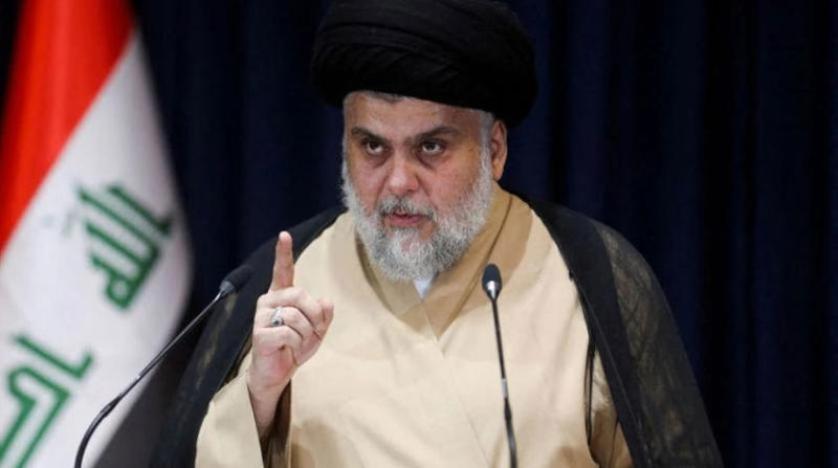 Once again, the leader of the Sadrist movement, Muqtada al-Sadr, puts his opponents in the divided Shiite house (the coordinating framework forces) in front of a critical angle, but this time through the gateway to pass the emergency support law for food security.
Once again, the leader of the Sadrist movement, Muqtada al-Sadr, puts his opponents in the divided Shiite house (the coordinating framework forces) in front of a critical angle, but this time through the gateway to pass the emergency support law for food security.
Al-Sadr, who leads an alliance with the Sunnis (the Alliance of Sovereignty led by Muhammad al-Halbousi, the speaker of parliament) and the Kurds (the Kurdistan Democratic Party led by Massoud Barzani) has through this alliance a parliamentary majority capable of passing laws in Parliament. Although Al-Sadr’s tripartite alliance was unable to pass its candidate for the position of President of the Republic because the position of President requires a two-thirds majority in Parliament, which he does not possess, but he has a majority of half plus one, which is necessary to pass the rest of the laws within the parliament.
In this context, the law on emergency support for food security that the Iraqi parliament had to pass before the start of the legislative recess for parliament, which begins today (Thursday), the Sadr coalition wants to pass as it meets the basic needs of the Iraqi citizen, especially since the government cannot present the budget to Parliament Being a caretaker government.
However, al-Sadr’s alliance, which often has the possibility of passing it, fears the possibility of challenging it before the Federal Court and does not fear the objections of its opponents from the forces of the coordinating framework. The decisions issued by the Federal Court are final and obligatory to implement, which makes passing it by a majority risk that can end when the Federal Court accepts the appeal, which made the Sadr coalition looking for a compromise formula to pass the law.
The Federal Court had accepted the appeal submitted by deputies from the Coordination Framework Forces and independent deputies regarding the submission of the government of Mustafa Al-Kazemi, the draft law on emergency support for food security to Parliament.
The merits of the appeal stated that the caretaker government does not have the authority to submit bills. In an attempt by Parliament to reintroduce the law, it went to a clause in the constitution that gives Parliament the right to submit proposals for laws. However, there are legal experts who believe that this formula is also subject to appeal, since the proposals for laws discussed by Parliament must go to the government and return to Parliament as a bill, which the caretaker government does not possess.
Regarding this complex issue, the Iraqi parliament, which faced two days ago massive demonstrations in front of one of its gates that almost led to protesters entering the parliament building, is seeking to pass this law that would silence the voice of the street, even temporarily, especially crossing the summer months in light of a sharp rise in temperatures. And a significant shortage in the supply of electricity due to Iran cutting off gas supplies to Iraq due to debts. Although Prime Minister Mustafa Al-Kazemi confirmed, in his press conference, the day before yesterday, which was attended by Asharq Al-Awsat, that his government has handed over the Iranian debts owed by it, but he revealed that Iran owes debts to previous governments.
The conflict between Al-Sadr’s tripartite alliance and the forces of the coordination framework revolves around this law, as it enables the Al-Kazemi government to continue while giving it additional funds, which means its ability to maneuver, in addition to that, the coordination framework sees that Al-Kazemi’s government is close to Al-Sadr and his alliance, which means The framework, by agreeing to pass the law, is as if to give them what they want on a platter of gold. But in return, the law solves part of the Iraqis’ problems, especially in the areas of electricity, water and many services, as well as the file of lecturers and contract holders, which are pressing issues.
Al-Sadr’s alliance, if the law does not pass, will put the forces of the coordination framework in the face of the angry street. And if the law is passed, this coalition will be in a comfortable position, since it has the majority capable of passing it. For their part, the forces of the coordination framework, and through statements or tweets issued by its leaders, are trying to pass the law to avoid the anger of the street, but by including paragraphs that serve their audience, which makes them, if the law passes, say that they pressured to pass the paragraphs they demand, and thus put themselves in a position Victorious in front of the audience.
Rawabetcenter.com
 Information / special – A member of the State of Law coalition, Ahmed Hamdoun Al-Sufi, confirmed, on Sunday, the existence of political parties that want to steal public money through the Food Security Law, while calling for the formation of committees to monitor the exchange mechanisms.
Information / special – A member of the State of Law coalition, Ahmed Hamdoun Al-Sufi, confirmed, on Sunday, the existence of political parties that want to steal public money through the Food Security Law, while calling for the formation of committees to monitor the exchange mechanisms.
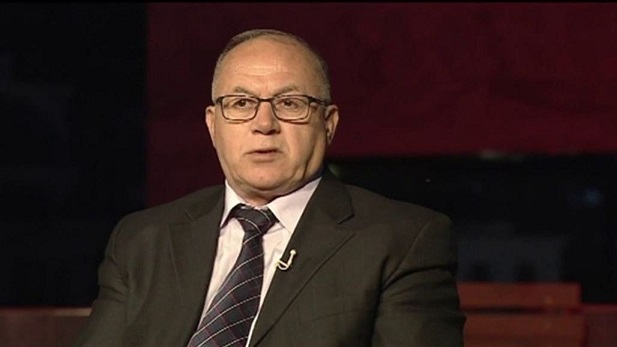 The decision of the former Finance Committee, Ahmed Al-Saffar, confirmed, on Sunday, that the legislation of the emergency support law for food security and development transformed the caretaker government into an authentic in an explicit constitutional violation, indicating that the law included illegal articles, and that the authority of the caretaker government is to spend according to the State Administration Law 1 / 12 .
The decision of the former Finance Committee, Ahmed Al-Saffar, confirmed, on Sunday, that the legislation of the emergency support law for food security and development transformed the caretaker government into an authentic in an explicit constitutional violation, indicating that the law included illegal articles, and that the authority of the caretaker government is to spend according to the State Administration Law 1 / 12 . The results of the foreign currency sale window Sunday 12/6/2022
The results of the foreign currency sale window Sunday 12/6/2022 Earth News / Today, Thursday, the State of Law coalition considered the emergency food security support law illegal and cannot be applied despite the vote of the Iraqi parliament unless the next federal government is formed.
Earth News / Today, Thursday, the State of Law coalition considered the emergency food security support law illegal and cannot be applied despite the vote of the Iraqi parliament unless the next federal government is formed. Today, Thursday, the leader of the Al-Fateh Alliance, Ali Hussein, considered the parliament’s approval of the Food Security Law as an organized theft and waste of public money, while revealing the proportion of the law allocated to the Iraqi people.
Today, Thursday, the leader of the Al-Fateh Alliance, Ali Hussein, considered the parliament’s approval of the Food Security Law as an organized theft and waste of public money, while revealing the proportion of the law allocated to the Iraqi people. Once again, the leader of the Sadrist movement, Muqtada al-Sadr, puts his opponents in the divided Shiite house (the coordinating framework forces) in front of a critical angle, but this time through the gateway to pass the emergency support law for food security.
Once again, the leader of the Sadrist movement, Muqtada al-Sadr, puts his opponents in the divided Shiite house (the coordinating framework forces) in front of a critical angle, but this time through the gateway to pass the emergency support law for food security.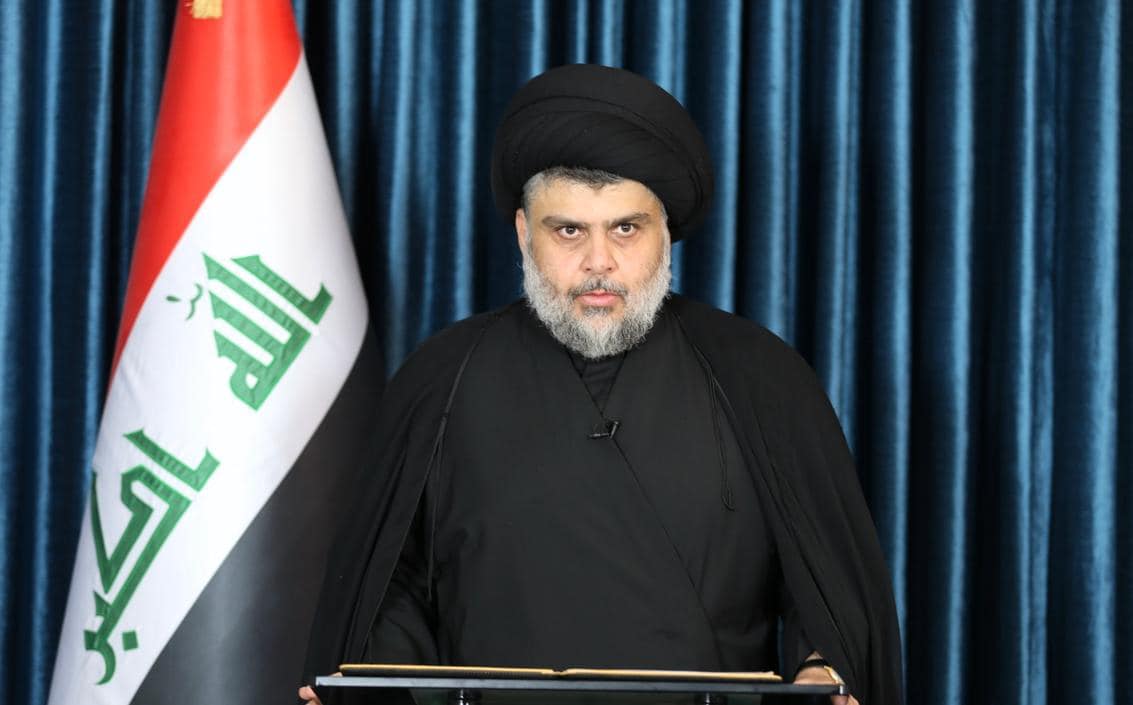 Shafaq News / On Thursday, the leader of the Sadrist movement, Muqtada al-Sadr, directed deputies of the Sadrist bloc in the Iraqi Council of Representatives to write their resignations in preparation for submitting them to the presidency of the Council, against the background of the continued obstruction of the formation of a majority government by the coordination framework that includes Shiite political forces.
Shafaq News / On Thursday, the leader of the Sadrist movement, Muqtada al-Sadr, directed deputies of the Sadrist bloc in the Iraqi Council of Representatives to write their resignations in preparation for submitting them to the presidency of the Council, against the background of the continued obstruction of the formation of a majority government by the coordination framework that includes Shiite political forces.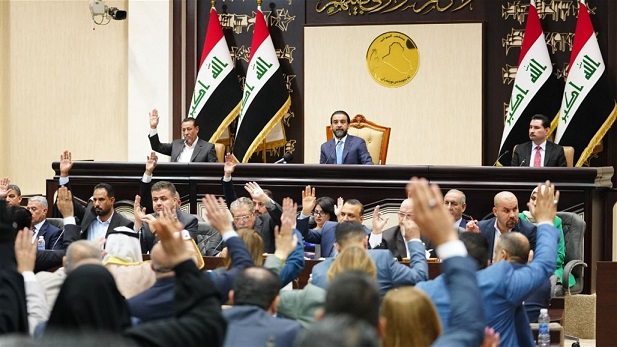 Wednesday, former parliament member and leader of the Patriotic Union of Kurdistan, Ala Talabani, commented on the “emergency support law.”
Wednesday, former parliament member and leader of the Patriotic Union of Kurdistan, Ala Talabani, commented on the “emergency support law.” Information / Baghdad.. The economic expert Younis Al-Kaabi stressed, on Saturday, that the financial abundance that occurs must be in honest hands keen to employ it in the development of basic sectors to be in the future an essential tributary to the treasury with oil imports, warning that abundance will turn into a “curse” if policies are absent. correct.
Information / Baghdad.. The economic expert Younis Al-Kaabi stressed, on Saturday, that the financial abundance that occurs must be in honest hands keen to employ it in the development of basic sectors to be in the future an essential tributary to the treasury with oil imports, warning that abundance will turn into a “curse” if policies are absent. correct.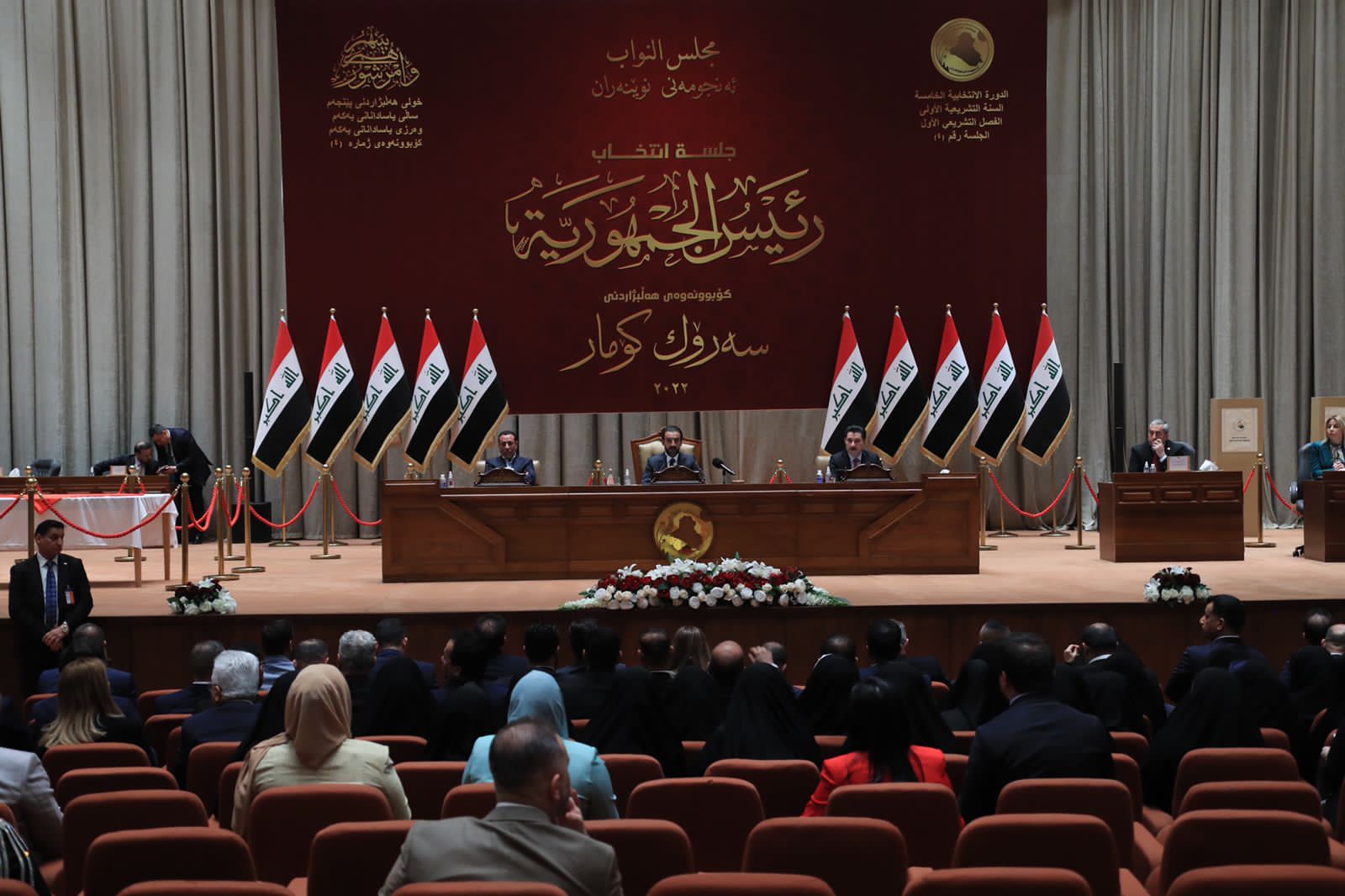 Shafaq News / The head of the Iraqi Parliament’s Integrity Committee warned today, Saturday, of the delay in approving the country’s general budget if the emergency support law is passed.
Shafaq News / The head of the Iraqi Parliament’s Integrity Committee warned today, Saturday, of the delay in approving the country’s general budget if the emergency support law is passed.